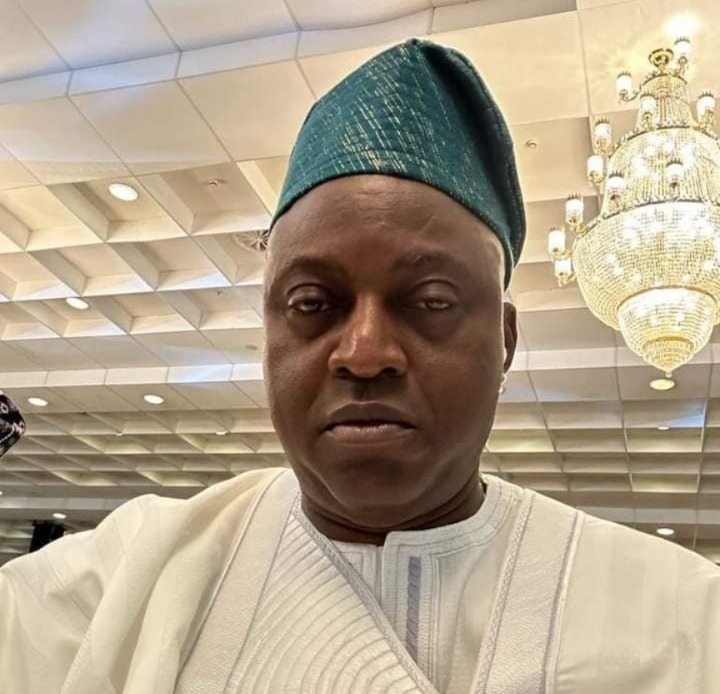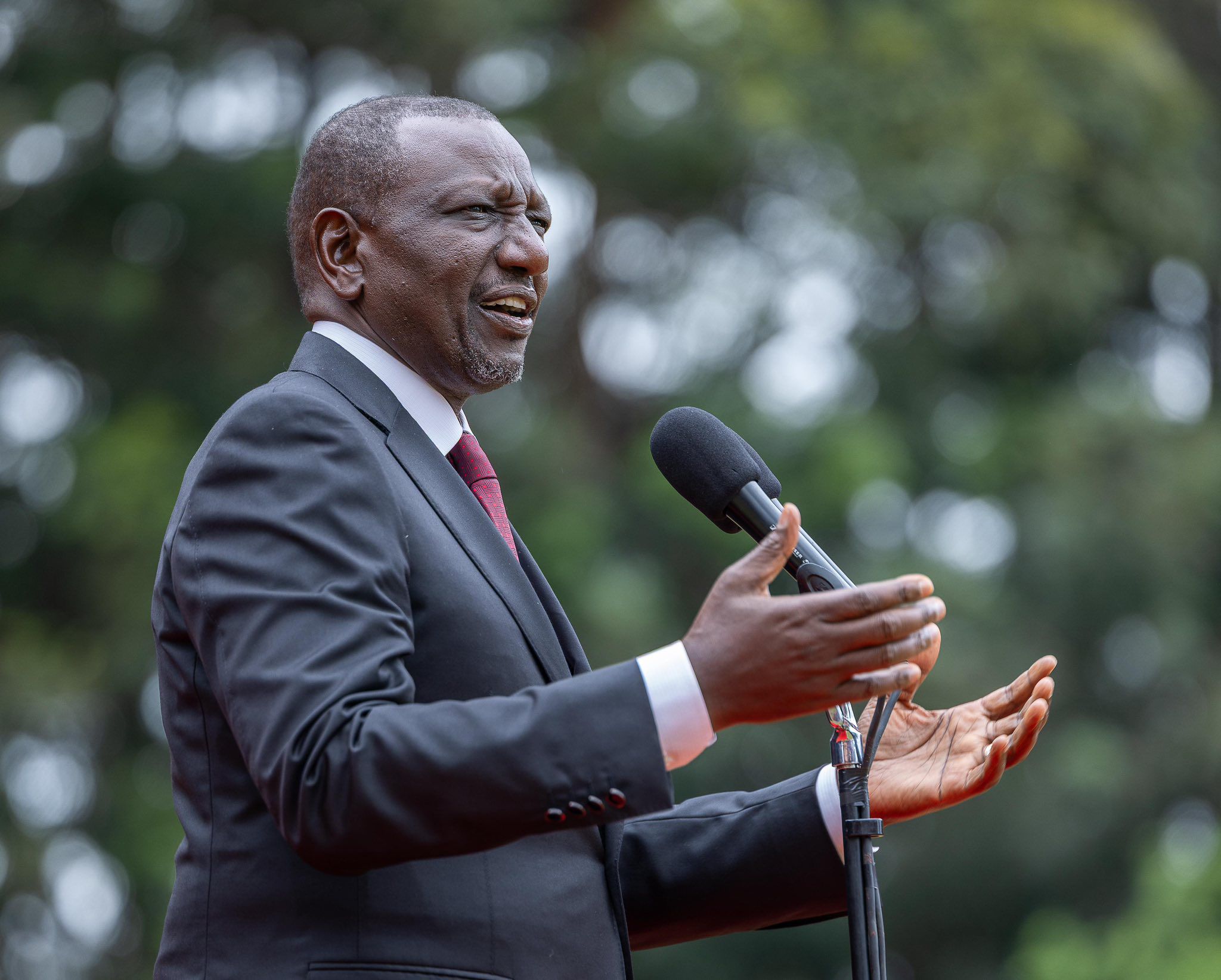Imaobong Uko accuses AFN of negligence following two-year doping ban
Nigerian 400m athlete Imaobong Uko, recently handed a two-year ban by the Athletics Integrity Unit (AIU) for whereabouts failures, has publicly accused the Athletics Federation of Nigeria (AFN) of failing to support her.
She described her suspension as a result of a flawed system and an unresponsive federation.
But in a swift rebuttal, the AFN has denied any wrongdoing, insisting the responsibility for updating whereabouts information lies solely with the athlete.
Uko’s allegations: “I was let down by a corrupt Federation”
In a social media post titled “Exposing the Truth: My Fight Against an Unjust Suspension,” the 21-year-old athlete, who rose to fame after winning three gold medals at the 2021 World U20 Championships in Nairobi, said her ban stemmed from consistent technical challenges and ignored requests for help in meeting her anti-doping obligations.
“For months, I struggled with an online system meant to report my whereabouts — a crucial requirement for athletes undergoing drug testing. Despite reaching out repeatedly for help, I was met with endless excuses about network issues and told to wait,” Uko wrote.
“My messages often went unanswered, leaving me feeling abandoned by the very organisation that is supposed to protect and support athletes.”
She further alleged that during her hearing, representatives from the federation gave unclear responses when asked why they didn’t assist her in overcoming the issues she faced.
“During the hearing, I confronted the federation representatives, asking them why they didn’t assist me during my technical difficulties. Their response was vague, and they claimed I had incorrectly submitted my information — a claim I adamantly deny.”
Uko named several individuals within the federation whom she said failed to offer the necessary support, including Mbachi Louis, Mrs Onos, and Taldang Tanimu, the assistant secretary of the AFN.
“Mrs. Onos, who initially ignored my messages, led me to believe she was no longer reachable. Ironically, on the day of my hearing, she contacted me through that same number but did not respond when I sought help,” she stated.
In conclusion, Uko said she is speaking out not only for herself but also for all athletes who face similar neglect.
“This situation has exposed the corruption and negligence within the federation that is supposed to champion our rights as athletes. I refuse to remain silent while they misuse their power and undermine our careers.”

AFN responds: “She failed to do the needful”
Responding through an official statement titled “AFN Clears Air on Nse Uko’s Ordeal”, the Athletics Federation of Nigeria firmly denied Uko’s allegations and clarified that her suspension was the result of three missed whereabouts filings within a 12-month period, which constitutes a doping violation under World Athletics rules.
“Athletes are required to provide the following whereabouts information on a quarterly basis: home address, email address, phone number, an address for overnight accommodations, regular activities such as training, work, and school, including their locations and times,” the statement read.
“Her failure to do the needful is the reason why she was handed a two-year ban which expires in July 2026.”
The AFN stressed that it is not responsible for enforcing whereabouts compliance, a role reserved for international bodies such as World Athletics, National Anti-Doping Organisations (NADOs), and the AIU.
“You can be tested by relevant National Anti-Doping Organisations, International Federations and Major Event Organisations. The AFN can’t conduct a whereabouts test,” the statement continued.
“It’s the International Federations and National Anti-Doping Organisations that are responsible for determining if you are required to provide whereabouts information or not. It’s not part of AFN’s duties.”
While distancing itself from the ban, the federation emphasised its continued commitment to anti-doping advocacy.
It referenced a recent seminar held during the 2024 National Sports Festival in Abeokuta, where athletes were educated on topics such as whereabouts filing, Therapeutic Use Exemptions (TUEs), and other anti-doping rules.
“Whereabouts filing is the responsibility of each athlete, and the platform is so simple that every clean athlete can file their whereabouts without stress.”
According to the AFN, notices and reminders were sent to Uko multiple times, both directly from the federation and via the Nigeria National Anti-Doping Committee (NADC).
“She should own up to her responsibility and not blame the federation,” the statement concluded.
“The AFN is constantly working to ensure all our athletes compete clean. We continue to organise anti-doping seminars and more testing. Athletes should endeavour to join the AFN campaign for clean sport online with WADA and the AIU.”
Imaobong Uko’s suspension, which runs until 23 July 2026, adds to Nigeria’s growing list of doping-related cases.
Although her violation was not related to the use of banned substances, the issue of whereabouts failures is taken just as seriously by global anti-doping authorities.
Her case comes on the heels of earlier suspensions involving other Nigerian athletes, such as Goodness Iredia, who was banned for three years earlier in 2025 after testing positive for an anabolic steroid, and former stars Blessing Okagbare and Divine Oduduru, who were banned for 11 and 6 years respectively.
While Uko’s supporters argue that the federation should have provided more technical support and guidance, the AFN insists it has done its part and that athletes must take full responsibility for their compliance.













